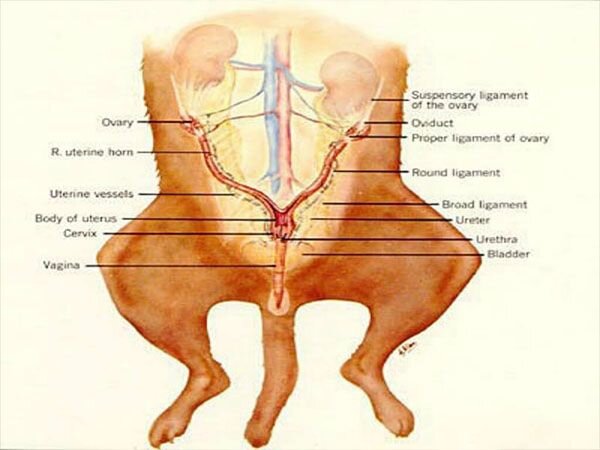Ways to Alter an Animal’s Reproductive Status
At Lenity, we understand that managing an animal’s reproductive status is a crucial aspect of responsible pet ownership and animal welfare. There are various reasons why you might need to alter an animal’s reproductive status, such as controlling overpopulation, improving health, or addressing behavioral issues. In this guide, we explore the different methods available for altering an animal’s reproductive status, along with their benefits and considerations.
1. Spaying and Neutering
- Spaying (for females): Spaying, also known as ovariohysterectomy, is the surgical removal of a female animal’s ovaries and uterus. This procedure eliminates the ability to reproduce and can have positive effects on a pet’s behavior and health.
- Neutering (for males): Neutering, or castration, involves the removal of a male animal’s testicles. It prevents the male from fathering offspring and can also lead to behavioral improvements and reduced risk of certain health issues.
2. Hormonal Treatments
- Birth Control Pills: Hormonal birth control pills can be prescribed for female animals to regulate their reproductive cycles, preventing unwanted pregnancies. However, they may not be as effective as surgery and may have side effects.
3. Contraceptive Injections
- Depo-Provera for Cats: This contraceptive injection can be administered to female cats to prevent pregnancy temporarily. It’s important to note that it’s not a permanent solution and needs to be repeated regularly.
4. Vasectomy
- Vasectomy for Dogs: Similar to neutering, a vasectomy involves the surgical blocking of the vas deferens, preventing the release of sperm. It allows male dogs to maintain their hormonal balance while ensuring they cannot father offspring.
5. Tubal Ligation
- Tubal Ligation for Females: Tubal ligation is a surgical procedure that blocks or seals the fallopian tubes in female animals, preventing the passage of eggs to the uterus. It offers a non-hormonal alternative to traditional spaying.
Considerations and Responsible Choices
When deciding on the best method for altering your pet’s reproductive status, it’s essential to consult with a qualified veterinarian. Your veterinarian can provide guidance based on your animal’s breed, age, health, and individual needs. Additionally, it’s important to consider the long-term consequences and potential health benefits of these procedures.
At Lenity, we prioritize the well-being of animals, and we encourage responsible pet ownership. Properly managing an animal’s reproductive status not only helps control overpopulation but also contributes to their overall health and happiness. If you have any questions or concerns about altering your pet’s reproductive status, please don’t hesitate to reach out to our experienced team of veterinarians for expert guidance.


